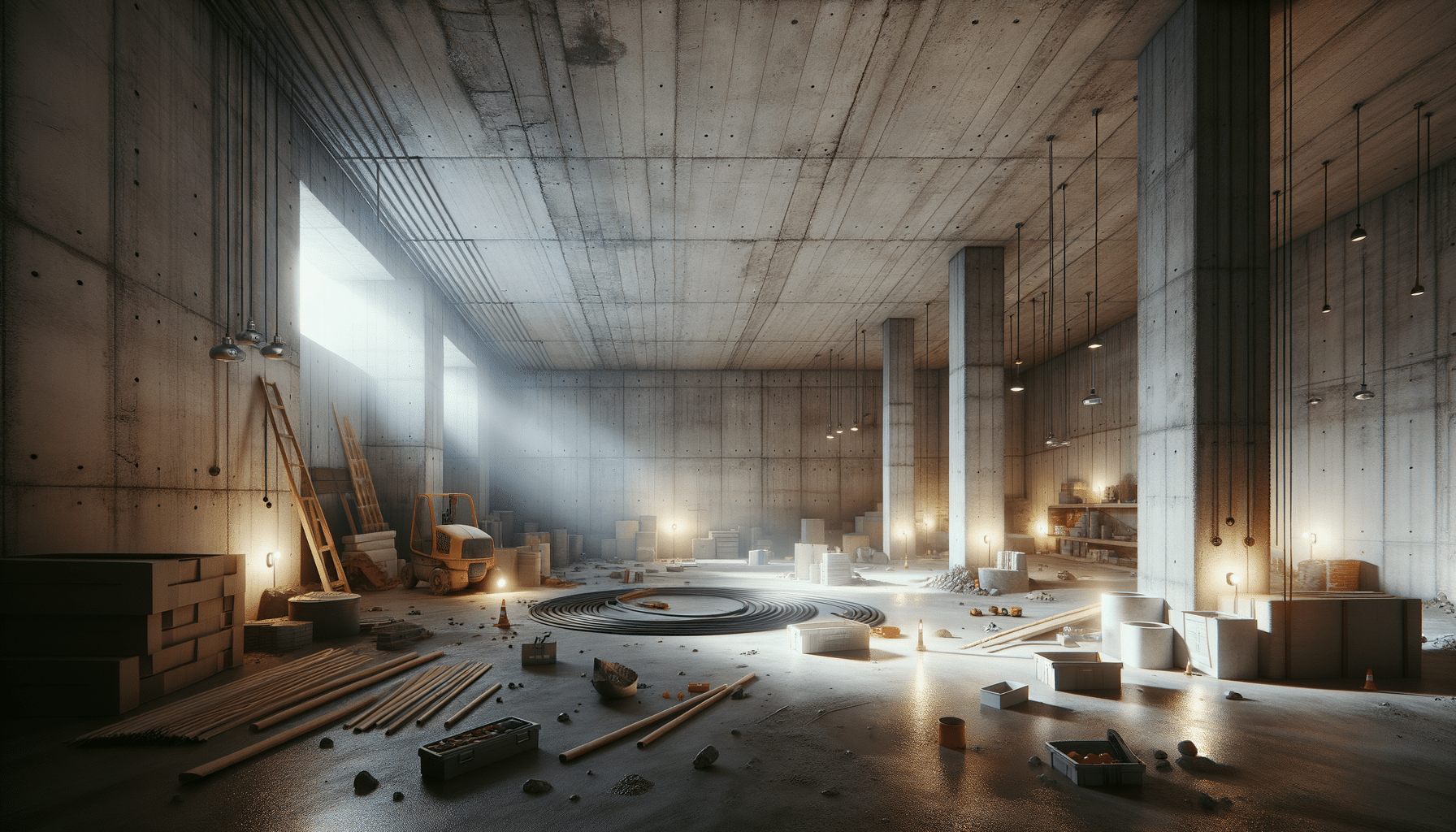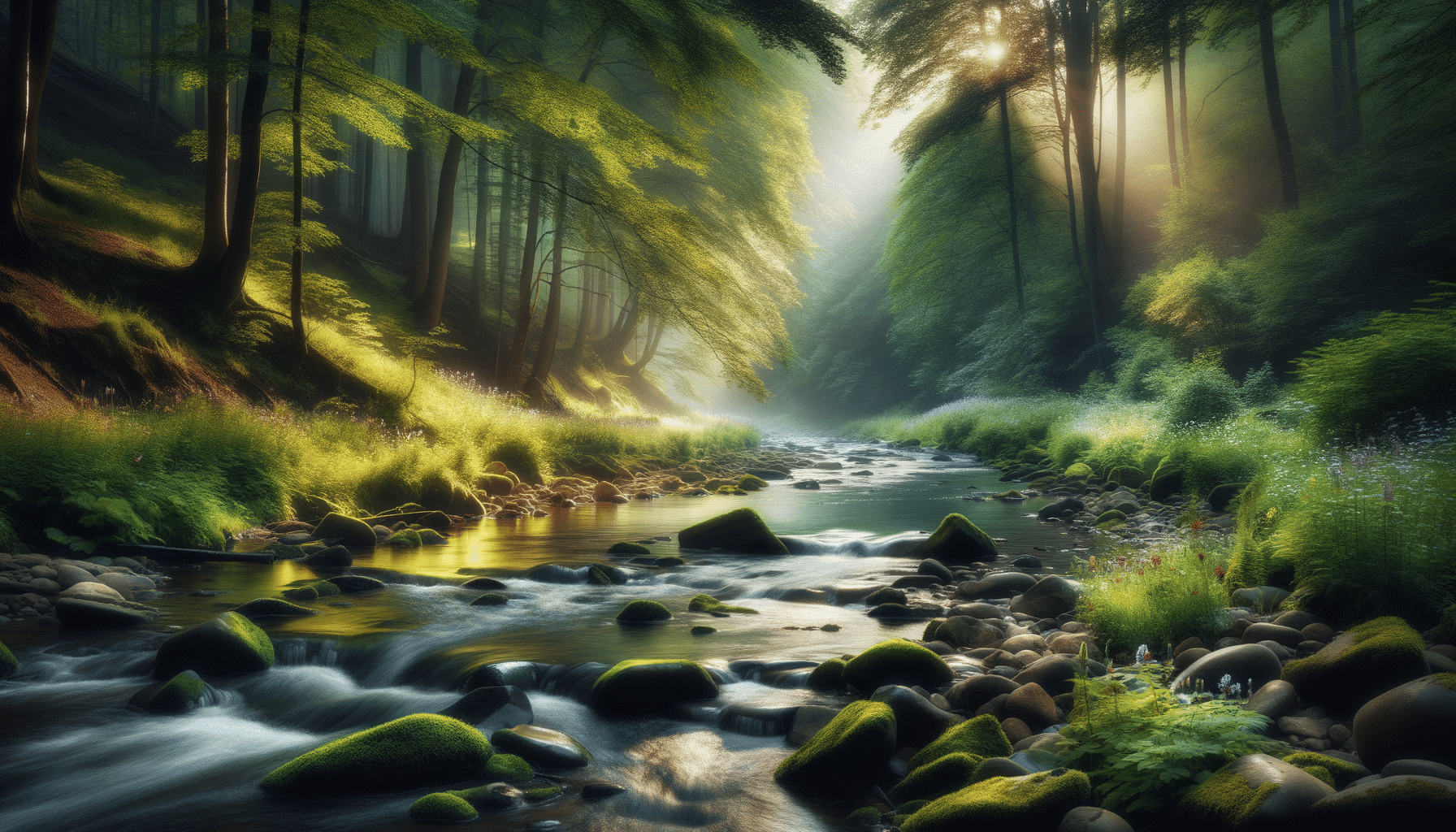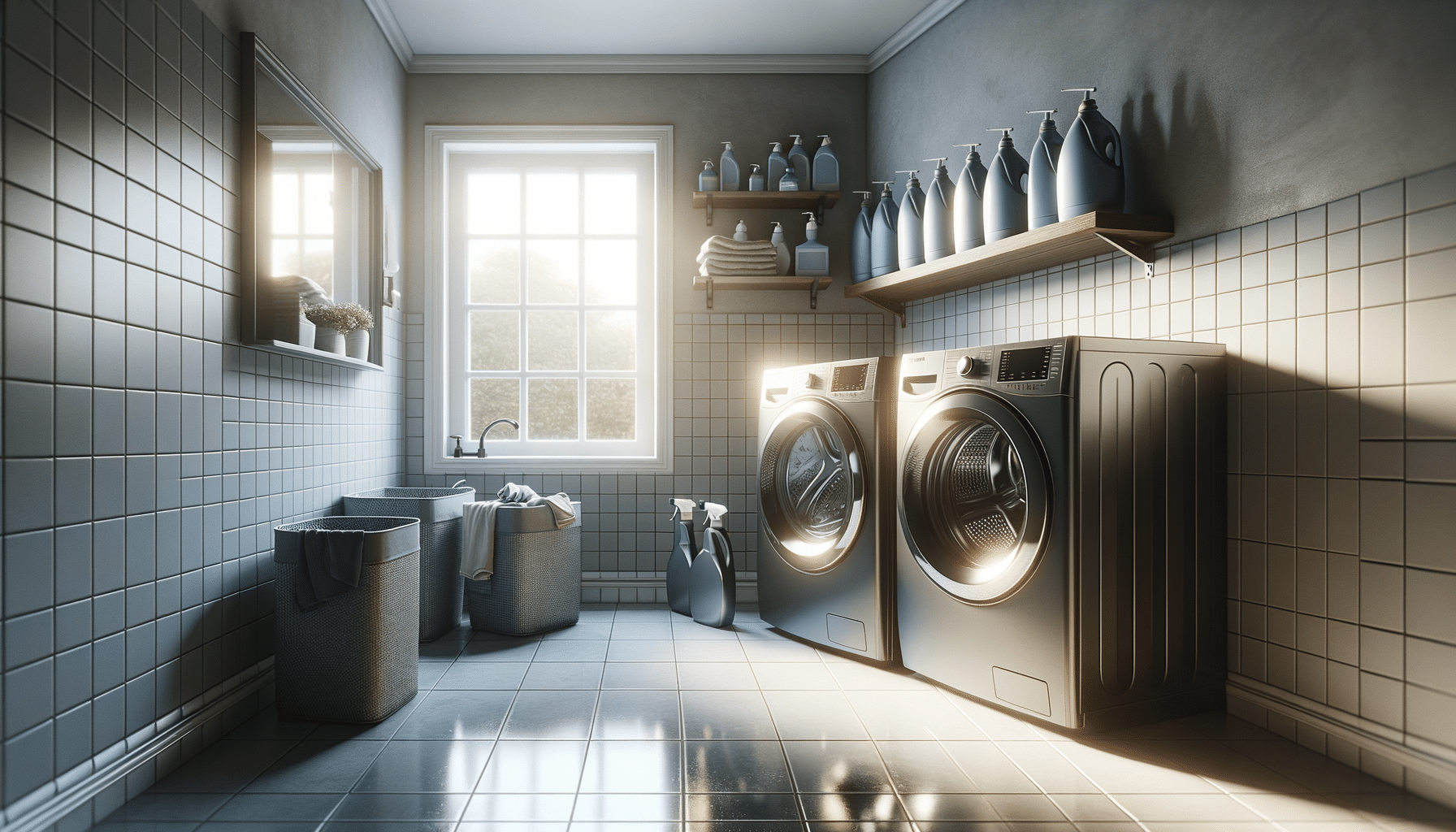
Landscape Photography: Capturing Nature’s Majesty
Landscape photography offers a unique opportunity to capture the awe-inspiring beauty of nature, showcasing its vastness and intricacies through a lens. This form of photography is not just about taking pictures of scenery; it’s an art that requires patience, skill, and an understanding of the natural environment.
Understanding Landscape Photography
Landscape photography is more than just snapping a picture of a beautiful view. It involves capturing the essence of the scene, the emotions it evokes, and the story it tells. According to renowned photographer Ansel Adams, ‘A great photograph is one that fully expresses what one feels, in the deepest sense, about what is being photographed.’
The Art and Science of Capturing Nature
Research suggests that spending time in nature and capturing its beauty can significantly enhance mental well-being. A study published in the Journal of Environmental Psychology found that engaging in nature-based activities, like photography, can reduce stress and improve mood.
Personal experiences often highlight the transformative power of landscape photography. For instance, many photographers recount a sense of peace and connection with nature when they are out capturing landscapes, often referring to it as a form of meditation.
Actionable Tips for Landscape Photography
- Scout Locations: Visit potential sites at different times of day to understand lighting and angles.
- Use a Tripod: Stability is key for capturing sharp images, especially in low light.
- Experiment with Settings: Play with aperture and shutter speed to find your desired effect.
- Consider Composition: Use the rule of thirds to create balanced and engaging images.
Consider incorporating leading lines in your composition to draw the viewer’s eye through the image, adding depth and interest.
Equipment Essentials
| Item | Purpose |
|---|---|
| Camera Body | Captures the image |
| Wide-angle Lens | Ideal for expansive landscapes |
| Tripod | Ensures stability |
| Filters | Enhance colors and reduce glare |
| Remote Shutter | Prevents camera shake |
| Extra Batteries | Keep your gear powered |
| Cleaning Kit | Maintains lens clarity |
| Backpack | Convenient storage |
Frequently Asked Questions
What is the best time of day for landscape photography?
The golden hour, shortly after sunrise or before sunset, is ideal for capturing landscapes with soft, warm light.
Do I need expensive equipment to start?
No, you can begin with a basic DSLR or even a smartphone. The key is understanding composition and lighting.
Concluding Thoughts
Landscape photography is a rewarding pursuit that allows you to connect with nature and capture its beauty. By understanding the techniques and embracing the creative process, you can create stunning images that resonate with viewers. Whether you’re a seasoned photographer or a beginner, there’s always something new to discover in this ever-evolving art form. For more insights into photography techniques, consider exploring resources like Digital Photo Mentor and Photography Talk.


